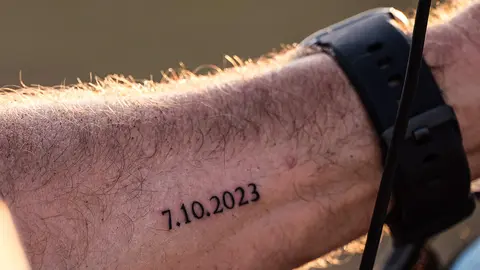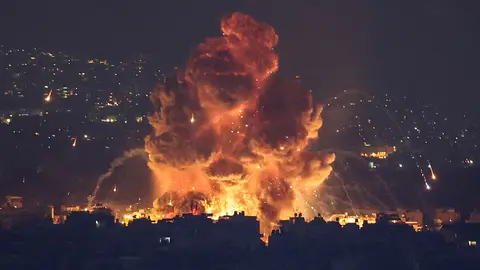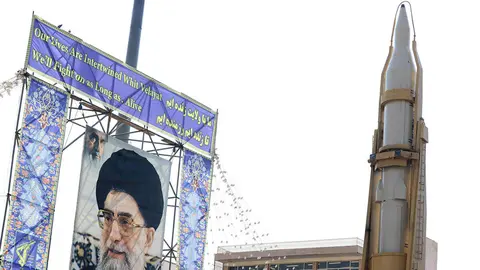Iran demands neutrality from Gulf states in the face of Israeli retaliation
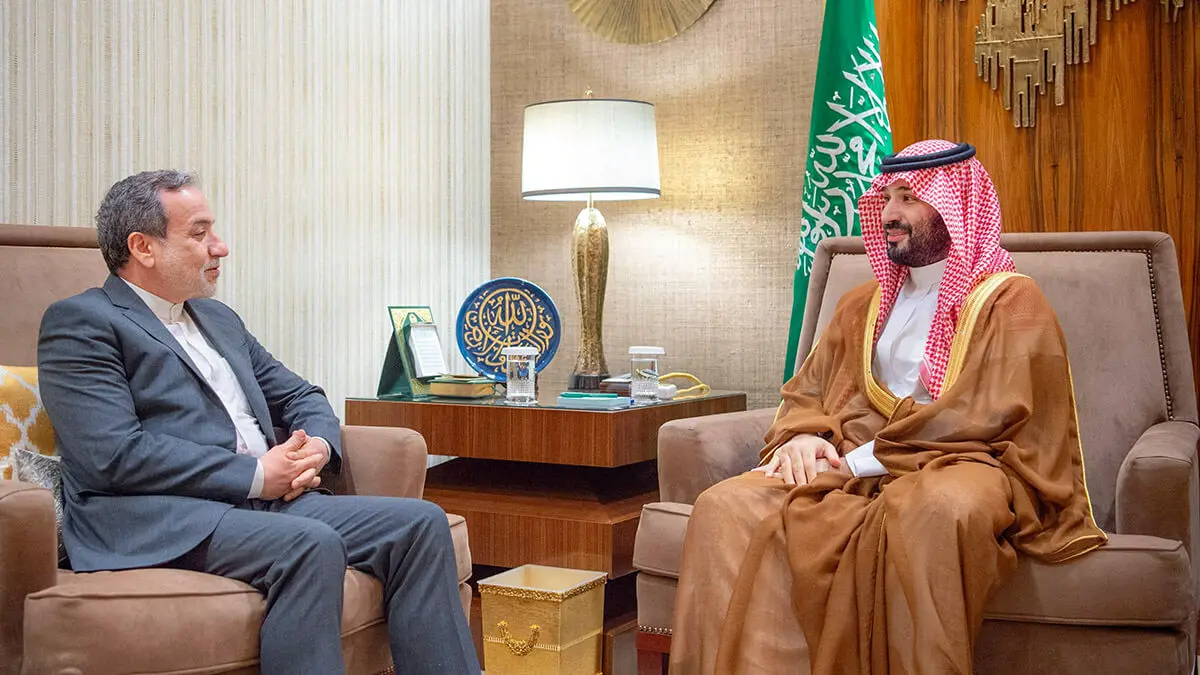
- Iran calls for neutrality and ‘regional unity in the face of any Israeli attack’
- The strike against Iran will be ‘lethal, precise and surprising’
As the Middle East awaits Israel's response to the Islamic Republic of Iran's attack on 1 October, Tehran is warning Gulf Arab states of the consequences if they allow the use of their airspace or military bases against Iran.
As a senior Iranian official told Reuters, such a decision would be ‘unacceptable’ and would provoke a response. ‘Iran made it clear that any action by a Persian Gulf country against Tehran, whether through the use of airspace or military bases, will be considered by Tehran as an action taken by the whole group, and Tehran will respond accordingly,’ he explained.
The Iranian regime also reportedly emphasised to Gulf states ‘the need for regional unity against Israel and the importance of ensuring stability’, making it clear that any support for the Jewish state, such as allowing the use of a regional country's airspace for actions against Iran, would be ‘unacceptable’.
These threats come amid a Gulf trip by Iranian Foreign Minister Abbas Araghchi, who recently met with Saudi Crown Prince Mohammed bin Salman.
Also present at the meeting, which discussed developments in the region, were Prince Khalid bin Salman bin Abdulaziz, Minister of Defence, Prince Faisal bin Farhan bin Abdullah, Minister of Foreign Affairs, and National Security Advisor Musaed bin Muhammad Al-Aiban.
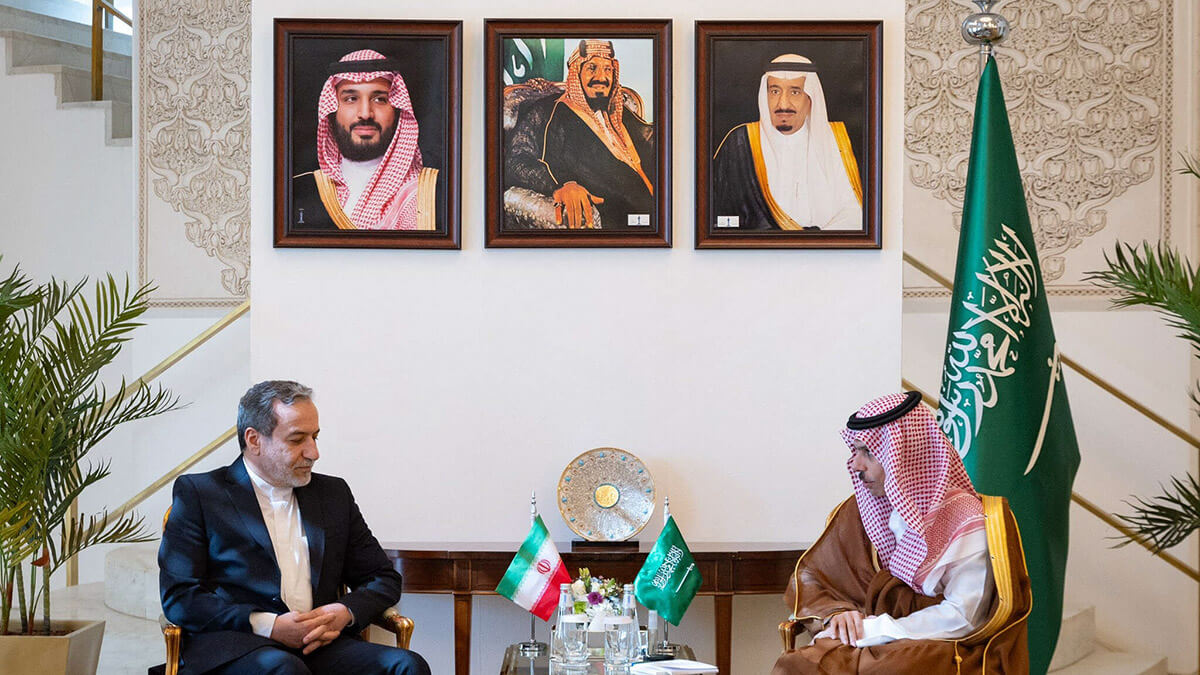
According to France24, during the meeting with Araghchi, Mohammed bin Salman reportedly conveyed a message from the Biden administration, stating that the US is not yet aware of Israel's retaliatory plans, adding that Washington will not participate in attacks against Iran's nuclear programme.
After seven years of rupture, Saudi Arabia and Iran resumed relations in March 2023 thanks to China's mediation. Despite differences between the two on a number of issues, especially the wars in Syria and Yemen, the two regional powers have intensified their contacts in recent months.
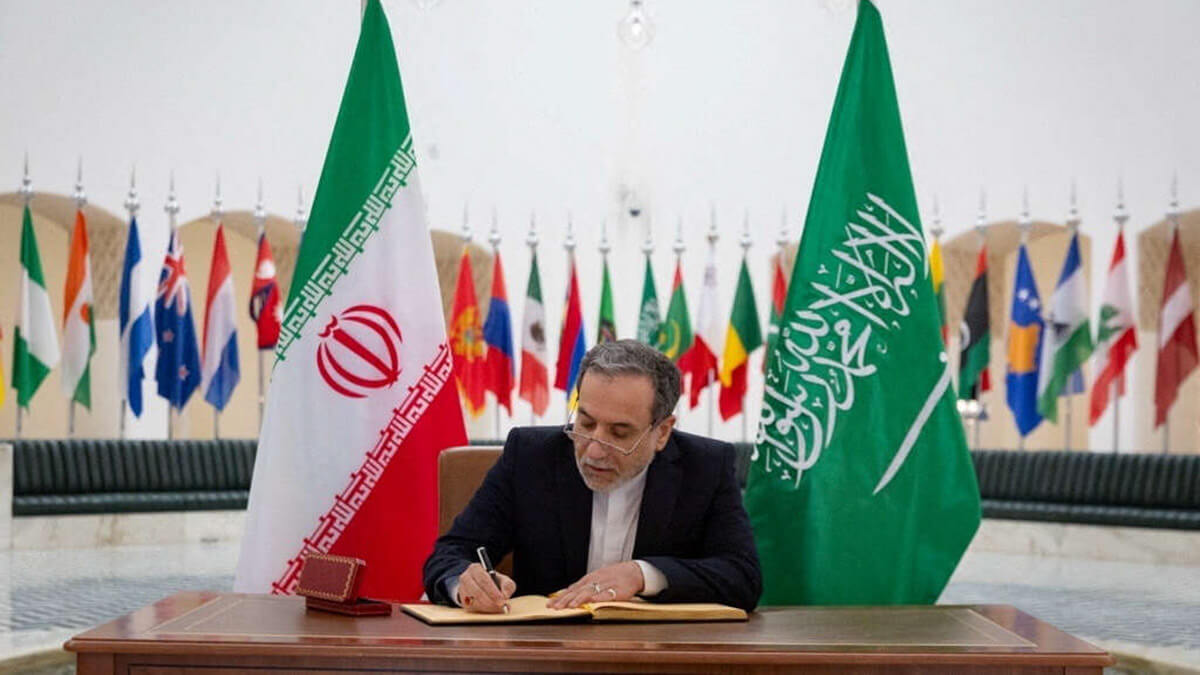
Riyadh has also held talks with the United States on the recognition of Israel, joining other countries in the region such as the United Arab Emirates and Bahrain.
Iran, which has always been against the Abraham Accords, has tried to prevent any rapprochement between Riyadh and Jerusalem and, in fact, it has been pointed out that one of the reasons for the 7 October attack by Hamas was precisely to thwart normalisation between Saudi Arabia and Israel. However, despite Tehran's attempts and the war, an agreement between the Kingdom and the Jewish state remains possible.
Iran calls for neutrality and ‘regional unity in the face of any Israeli attack’
The meeting between the Saudi leader and the Iranian minister comes after the third summit of the Asian Cooperation Dialogue held in Qatar, where Gulf countries assured Iran of their neutrality in any conflict with Israel.
Tehran, for its part, has not threatened to attack Gulf oil installations, but has warned that if ‘Israel's supporters’ intervene directly, its interests in the region will be affected.
Israeli sources told Axios that Israel is considering attacking oil production facilities inside Iran as part of its response.
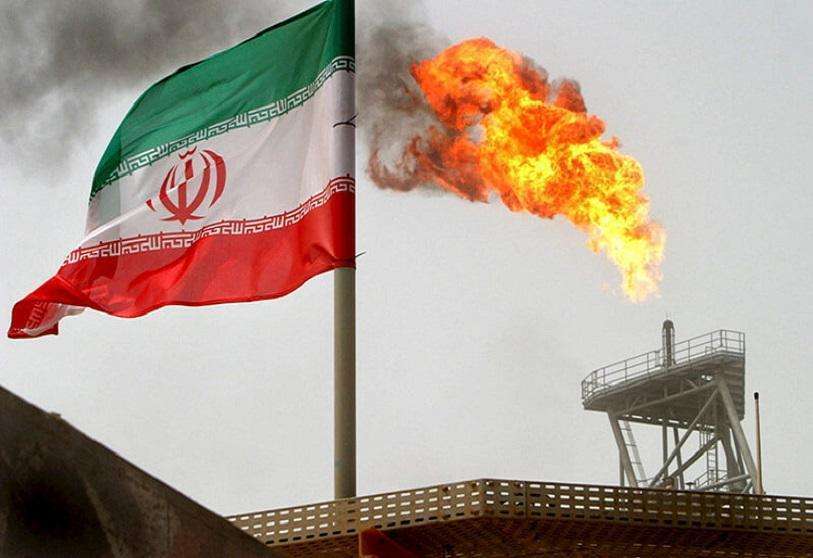
OPEC countries, led by Saudi Arabia, have enough additional production capacity to make up for any shortfall in Iranian supplies if Israeli retaliation hits some of their facilities.
Tehran reportedly made clear during its meeting with Gulf states in Doha the need for ‘regional unity in the face of any Israeli attack’, considering the neutrality of Arab countries to be ‘an indispensable minimum’.
He also stressed that he would ‘closely monitor’ how each Gulf state would respond if Israel were to launch an attack on Iran, highlighting in this regard the use of US bases. Qatar, Kuwait, Bahrain, the United Arab Emirates and Saudi Arabia all host US military facilities or personnel.
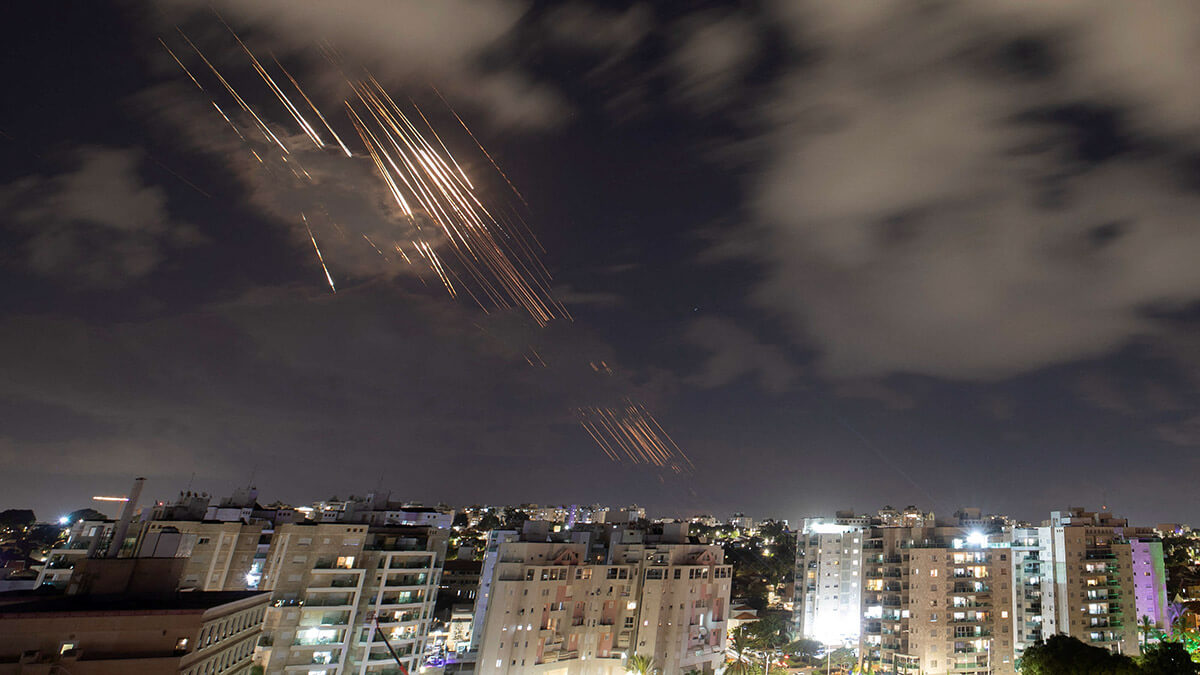
The strike against Iran will be ‘lethal, precise and surprising’
Israeli officials have already assured that Iran will ‘pay’ for its attack with nearly 200 ballistic missiles launched indiscriminately against the entire Israeli territory. Tehran, in turn, has claimed that any retaliation would provoke further offensives against the Jewish state.
יחד עם חיילי המודיעין ביחידה 9900 הצופים על המתרחש בכל רחבי המזרח התיכון באמצעות מודיעין חזותי.
— יואב גלנט - Yoav Gallant (@yoavgallant) October 9, 2024
בשיחתי עם החיילים הדגשתי - התקיפה שלנו באיראן תהיה קטלנית, מדויקת ומפתיעה.
מי שמנסה לפגוע במדינת ישראל ישלם מחיר. pic.twitter.com/aj8WXbStWd
In recent hours, Israeli Defence Minister Yoav Gallant has stressed during a visit to the IDF's 9900th Intelligence Unit that Israel's attack ‘will be lethal, precise and, most importantly, surprising’. ‘You will not know what happened or how it happened. You will only see the results,’ he concluded.

